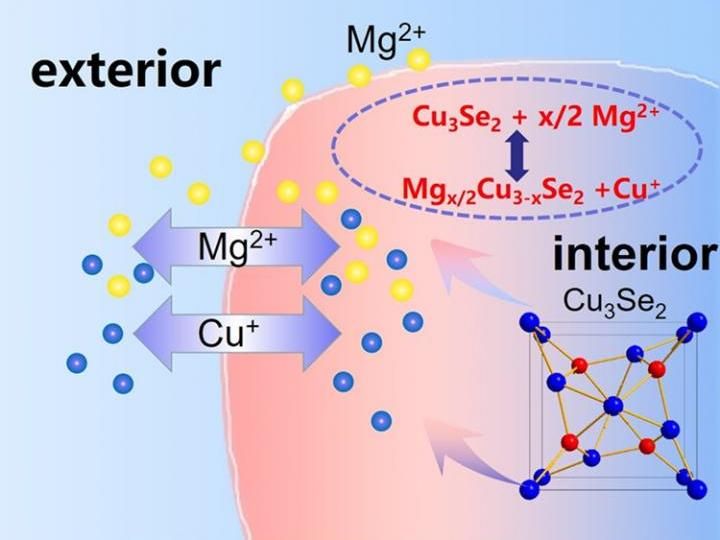Nitazoxanide effective in treating enteric protozoal diarrhea
Advertisement
The antimicrobial drug nitazoxanide appears to be effective in treating diarrhea caused by a variety of protozoan infections, according to two reports in the August 1st issue of The Journal of Infectious Diseases.
In both reports, Dr. Jean-Francois Rossignol from The Romark Institute for Medical Research, Tampa, Florida, a part of Romark Laboratories, the maker of nitazoxanide, and colleagues used nitazoxanide to treat enteric protozoal diarrhea in adults and children in Egypt.
In their first study, the researchers randomly assigned 50 adults and adolescents, and 50 children, who all had diarrhea caused by Cryptosporidium parvum, to nitazoxanide or placebo.
Adults and adolescents received nitazoxanide 500 mg twice daily for 3 days. Children 1 to 3 years of age received an oral suspension (100 mg/5 mL) of 5 mL nitazoxanide and children 4 to 11 years of age received 10 mL nitazoxanide twice daily for 3 days, the researchers report.
For the 99 patients who completed the trial, 39 of the 49 patients who received nitazoxanide had resolution of diarrhea after day 7 of treatment compared with 20 of 49 patients who received placebo (p < 0.0001). In addition, 33 of the patients in the nitazoxanide group had no oocysts in posttreatment stool samples compared with 11 of 50 patients in the placebo group (p < 0.001).
Among patients in the nitazoxanide group, there was a median of 3 days from the start of treatment to passage of the last unformed stool. The comparable median time for patients in the placebo group could not be calculated, the investigators note, because 59% of these patients still had diarrhea at the end of the follow-up period.
In the second study, Dr. Rossignol's group randomized 89 adults and adolescents with diarrhea caused by Giardia intestinalis, Entamoeba histolytica or E. dispar to 500 mg nitazoxanide twice daily for 3 days or placebo.
Results of this study were similar to those found in the preceding trial; 38 of 47 of patients who received nitazoxanide had resolution of their diarrhea within 7 to 10 days after starting treatment, compared with 17 of 42 patients in the placebo group (p < 0.0002).
As in the first trial, the researchers observed a median of 3 days from the start of nitazoxanide to the last unformed stool, while 60% of the placebo patients continued to have diarrhea at the end of the follow-up period.
Given these results, Dr. Rossignol and colleagues believe that "nitazoxanide could play an important role in the management of diarrhea caused by enteric protozoa, reducing morbidity and costs associated with these diarrheal illnesses."



























































